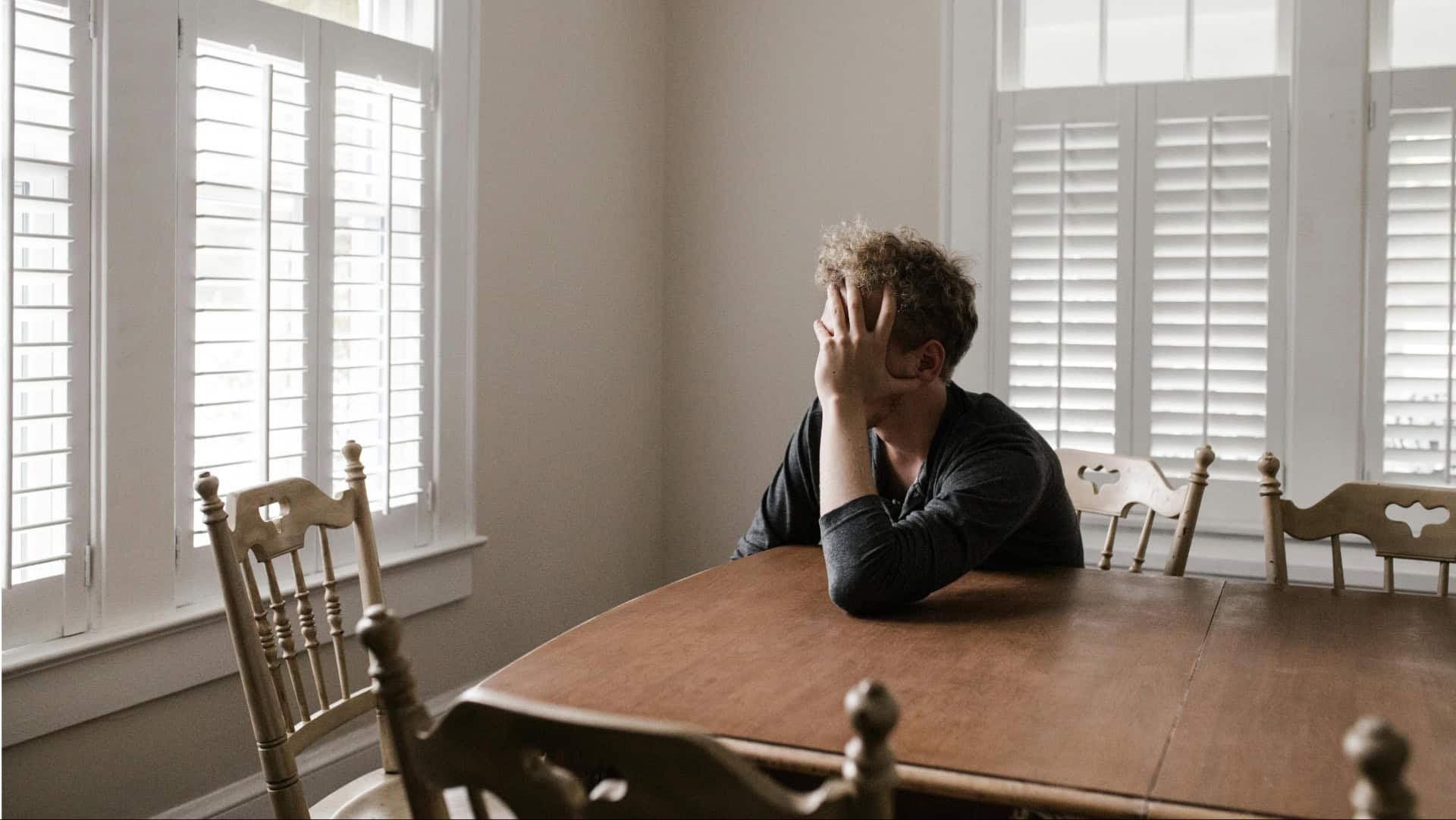Chasing perfectionism is a common pitfall, whether in work or home life. It leads to procrastination, a constant feeling of failure, and the sense that work is never complete.
This is especially true in home design, decor, and maintaining cleanliness.
So, why should you stop chasing perfectionism?
1. The Illusion of Control
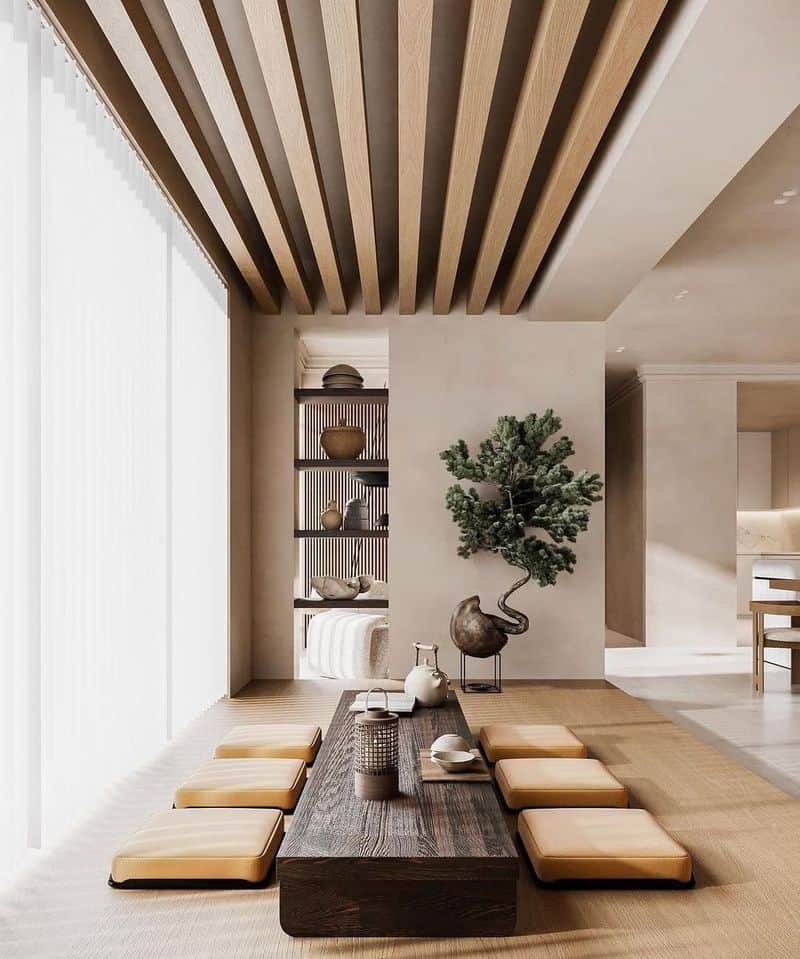
Striving for a perfect home often gives the illusion of control over your surroundings. However, life is unpredictable, and things seldom go as planned.
This constant pursuit can lead to anxiety and stress, making you feel trapped in a cycle.
Instead of creating a calm oasis, your home becomes a source of tension. Accept imperfections as part of life, embrace flexibility, and focus on what truly matters.
In doing so, you create a home that nurtures peace rather than anxiety.
2. Never Ending Tasks
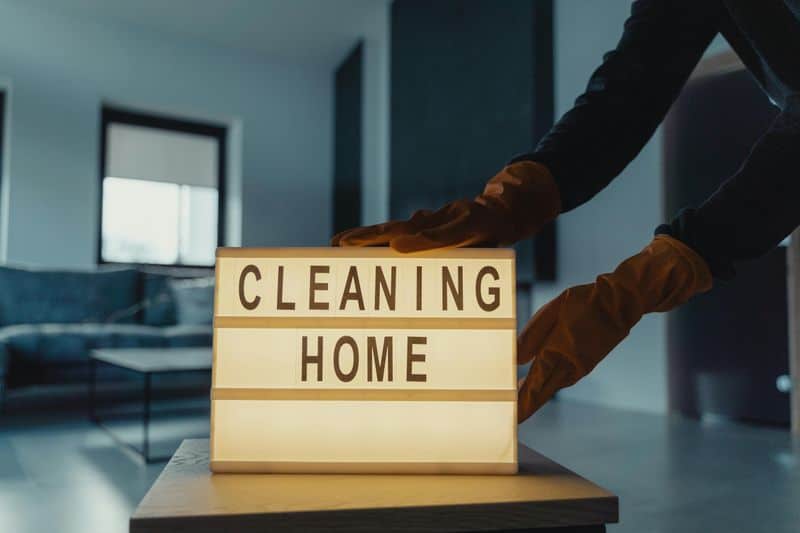
Home perfectionism often leads to an unending list of tasks. Each improvement seems to spawn another, creating a cycle of constant work.
The pursuit of perfection becomes exhausting, leaving you feeling like you’re never truly finished.
Break the cycle by setting realistic goals. Celebrate accomplishments, no matter how small, and take time to appreciate your efforts.
Remember, a lived-in home tells the story of its inhabitants, and imperfection is a part of that narrative.
3. Financial Drain

Striving for home perfection can quickly become a financial drain. Every upgrade or decor change adds up, often straining budgets.
This relentless spending can lead to financial stress, overshadowing the joy of creating a beautiful space.
Consider prioritizing what truly adds value to your home and well-being. Embrace budget-friendly DIY projects, recycle, and repurpose items.
Focus on creating a space that reflects your personality, rather than following fleeting trends.
4. Unreachable Standards
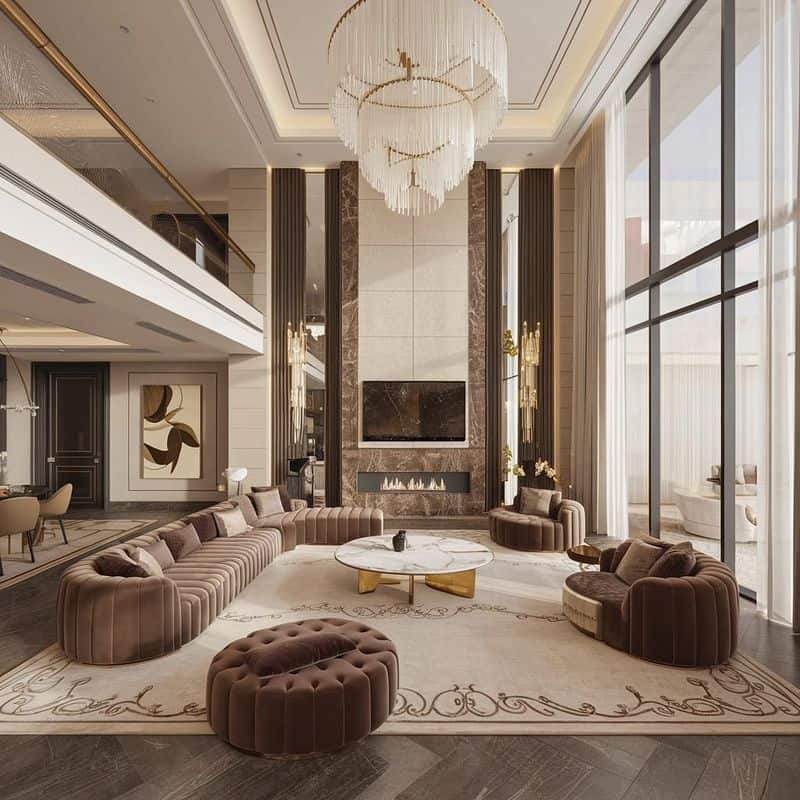
Perfectionism sets unreachable standards, leading to constant dissatisfaction. The perfect home portrayed in magazines is often an illusion, carefully staged and edited.
Trying to replicate these unrealistic images can lead to frustration and a sense of inadequacy.
Embrace authenticity over perfection. Allow your home to reflect your unique style and story.
Remember, a perfectly imperfect space is more inviting and genuine, offering comfort to both you and your guests.
5. Time Consuming Efforts

Chasing a perfect home consumes valuable time, leaving little room for relaxation or family bonding.
Every moment spent on attaining perfection is a moment lost with loved ones.
Instead of stressing over spotless surfaces, prioritize meaningful activities. Spend time with family, engage in hobbies, and enjoy downtime.
A clean home is important, but not at the cost of life’s precious moments. Balance chores with leisure to create a harmonious living environment.
6. Stifling Creativity
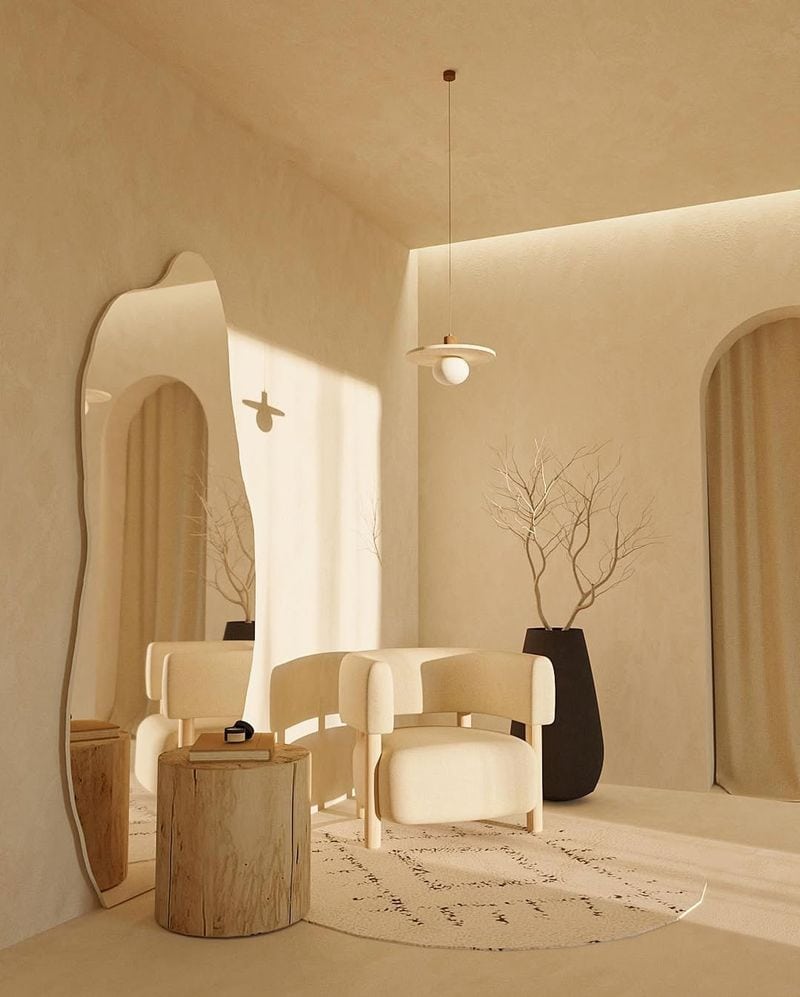
Perfectionism can stifle creativity, turning your home into a sterile, uninspiring space.
The fear of making a mess or disrupting order hinders creative expression and spontaneity.
Allow your home to be a canvas for ideas and projects. Accept that messes are part of the creative process.
Encourage an environment where innovation thrives, making your living space not just orderly but also vibrant and alive.
7. Impairing Relationships

The quest for a perfect home may strain relationships. Constant nagging or dissatisfaction can create tension among family members, turning a home into a battleground.
Prioritize communication and compromise. Discuss what truly matters to each person and find a balance between order and comfort.
A harmonious home fosters stronger connections and nurtures relationships, making the pursuit of perfection less significant.
8. Ignoring the Present

Perfectionism can make you overlook the present, as you’re always focused on what’s next.
This mindset can lead to missing out on life’s simple pleasures, like a beautiful sunset or a spontaneous laugh.
Practice mindfulness and appreciate the here and now. Take moments to pause and enjoy your surroundings, imperfections and all.
By being present, you cultivate gratitude and joy, making your home a source of happiness rather than stress.
9. Environmental Impact
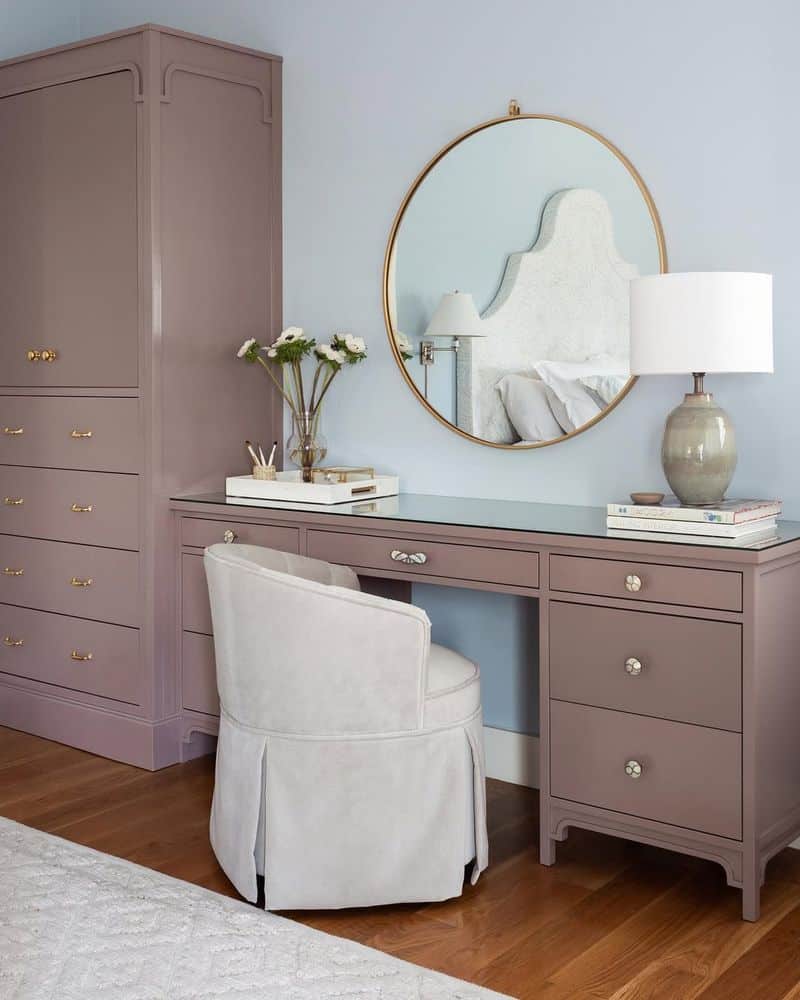
The drive for home perfection often leads to wastefulness, as items are frequently replaced rather than repaired.
This habit contributes to environmental degradation, as discarded goods pile up in landfills.
Embrace a more sustainable approach by reusing and upcycling. Choose quality over quantity and make thoughtful purchasing decisions.
By reducing waste, you contribute to a healthier planet while creating a home that aligns with eco-friendly values.
10. Overlooking Personal Well-being
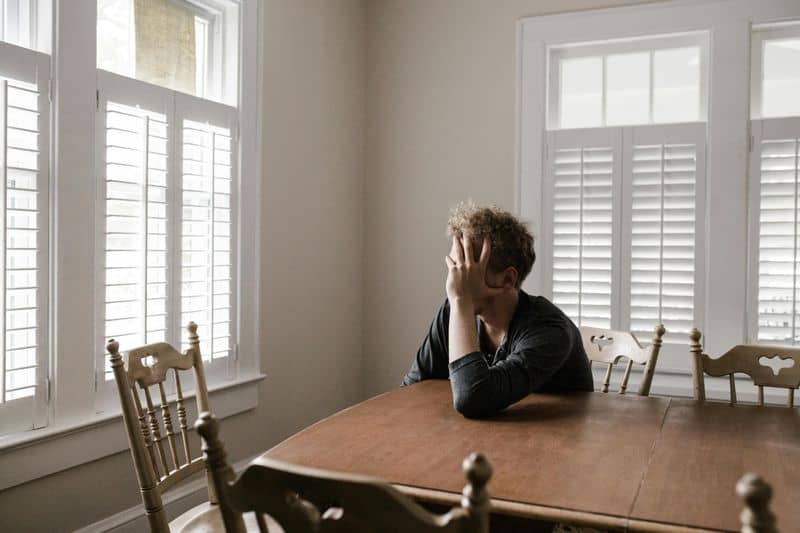
Focusing excessively on home perfection often leads to neglecting personal well-being.
The constant pursuit leaves little time for self-care, relaxation, or mental rejuvenation.
Prioritize your well-being by setting boundaries on home tasks. Delegate responsibilities and take time for activities that nourish your soul.
A well-lived home prioritizes the health and happiness of its inhabitants, creating a space that supports rather than drains you.

